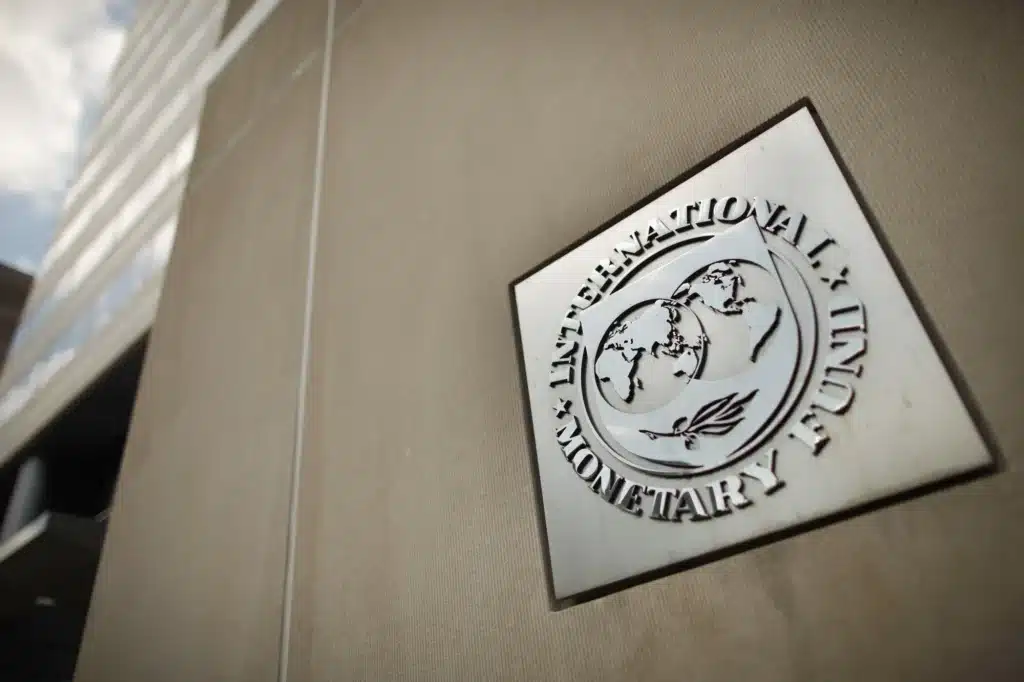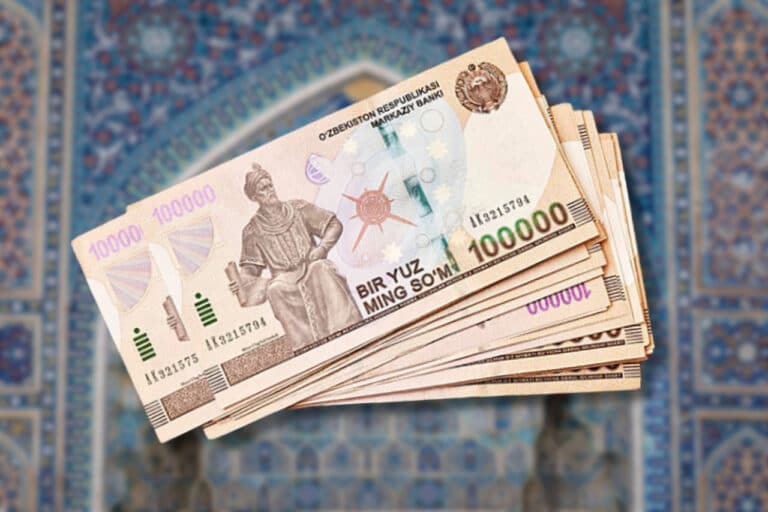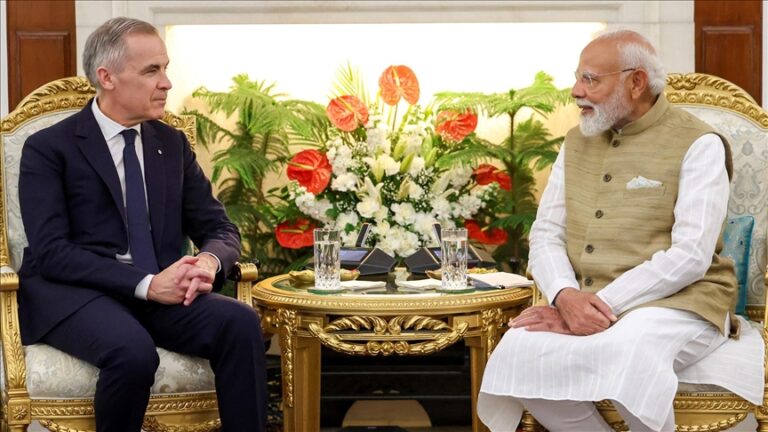
The International Monetary Fund (IMF) has assessed Uzbekistan’s financial sector against Basel principles, noting significant progress since 2019. According to its report, the share of banks with state participation in total sector assets has fallen to 67%, compared with 84% in 2019.
Other positive developments highlighted by the IMF include the growth of total sector assets to 690 trln soums ($54.4 bn), advances in the deposit insurance system and a reduction in the proportion of mortgage borrowers without official income to 43% in 2024.
The fund identified several strengths in Uzbekistan’s banking system, such as the adoption of a risk-based approach, the creation of a state bank privatisation strategy and the adoption of a law on bank resolution. It also praised improvements in corporate governance and the increase of minimum charter capital for banks to 500 bn soums ($39.45 mln).
However, the IMF stressed that the Central Bank of Uzbekistan still operates with heavy dependence on the executive branch. Current risk-based supervision does not sufficiently account for climate and operational risks. The report also pointed to shortcomings in recognising non-performing assets and weak oversight of lending to state-owned enterprises.
The IMF recommended that Uzbekistan strengthen the independence of its Central Bank, implement stricter risk management criteria, refine oversight of systemically important banks and align information disclosure with Basel Pillar 3 standards.
Kursiv also reports that by August 5, 2025 cafés, restaurants, hotels, tour operators and livestock farms in Uzbekistan had received a total of $2.6 mln in VAT refunds.














